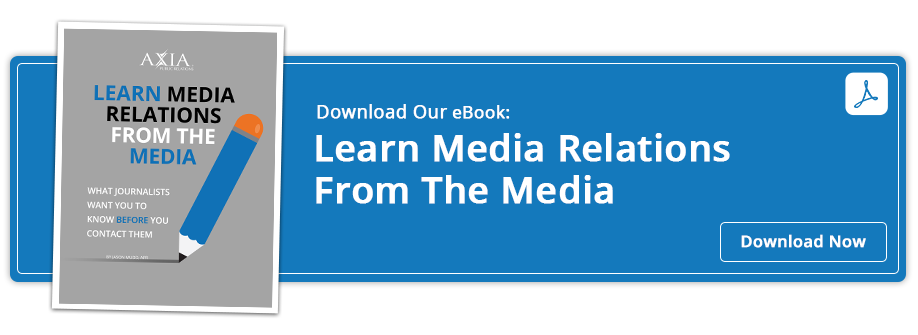 Learn why reporters hate news conferences and what your company should do instead
Learn why reporters hate news conferences and what your company should do instead
In the movies, press conferences are shown with dozens of reporters shouting questions, flashing cameras and begging for more information, but they don’t always look that way in real life. When your company has big news to announce, invariably someone will suggest holding a press conference. Before jumping on the bandwagon, learn why press conferences are overrated and why you should choose another route.
To attract more customers and make more sales, people need to know about your company and what you are doing. The best way to make this happen is with public relations tools and practices, one of which is a press conference. However, companies may be overvaluing this particular tactic for many reasons.
Four reasons reporters dislike press conferences
- They are unexciting.
Since so many companies have adopted the habit of holding unwarranted press conferences for information that readers/viewers will find boring and uninteresting, reporters have come to see them as a waste of time. If you are not announcing something as big as a cure for cancer or that you’ve found Jimmy Hoffa, it will be more useful to release your information another way.
- They feel like a cattle call.
Journalists like to bring new information to their audiences first. In a press conference, everyone gets the same news at the same time, leaving no room for anything special or unique.
- They are intrusive.
Hoping for that elusive “live shot” from the event, many companies plan press conferences to coincide with television news broadcasts. Unfortunately, this is also the time when newsrooms are busiest and extra resources are limited. Journalists prefer to schedule one-on-one interviews at a convenient time so they can give your information the attention it deserves.
- They are competitive.
Some companies pander to the television cameras at press conferences, giving only short answers or sound bites when more detailed information is needed. Other times, overly aggressive reporters trying to outdo everyone else hijack news conferences, setting a negative tone and preventing further questions.
How to promote your company without a press conference
- Target individual journalists.
You will be more successful by doing your homework and locating reporters most likely to cover your news. Craft the right pitch to get the reporter’s attention and offer a telephone or sit-down interview. This allows for in-depth, follow-up questions and a chance to get the story right.
- Utilize social media to its full advantage.
Social media platforms present one of the best ways to bypass the media altogether and reach your target audience to generate buzz about your announcement or increase visibility. You can offer a sneak peak of a new product and get instant feedback, live stream an event or spark a little mystery with clues in a series of QR codes. The possibilities for being creative with news on social media are almost endless. Just make sure you time your news correctly and that it’s easily shareable.
- Don’t be afraid to think small about your big news.
While your announcement may be huge for your company, reporters may not always see it the same way you do. If this is the case, tie your news to something bigger going on in the world or your industry. You can also look at smaller news outlets. Plenty of national news stories are first printed or aired in local outlets.
- Start early.
Don’t wait until the last minute to announce your news. Get reporters primed and ready months in advance. For example, you can host industry events throughout the year. Invite other business leaders to discuss trends and topics in your field and give journalists the opportunity to learn and make connections. Then, when you have news to share, reporters will remember your helpfulness and be more receptive.
- Hire a PR firm to help you.
In the minefield that is media relations, you need someone to guide you and prevent reputation-crushing mistakes. A smart PR firm can help you determine the newsworthiness of your information and get maximum exposure.
At Axia Public Relations, media relations are what we do best. We use proven PR techniques to get media visibility for your company and communicate your value to journalists. To find out more, contact us or download our e-book Learn Media Relations from the Media.
 Lisa Goldsberry is a blogger for Axia Public Relations with more than 15 years of public relations experience. She specializes in business and technology PR. Lisa has worked for Axia since December 2013. Learn more about Lisa Goldsberry. Connect with Axia on Twitter @axiapr or tell us what you think in the comments below.
Lisa Goldsberry is a blogger for Axia Public Relations with more than 15 years of public relations experience. She specializes in business and technology PR. Lisa has worked for Axia since December 2013. Learn more about Lisa Goldsberry. Connect with Axia on Twitter @axiapr or tell us what you think in the comments below.
Featured image credit: 123rf.com
Topics: public relations, media



Comment on This Article